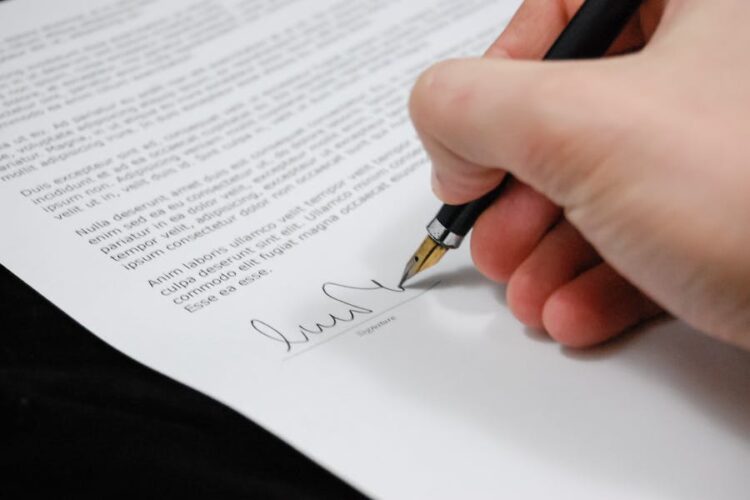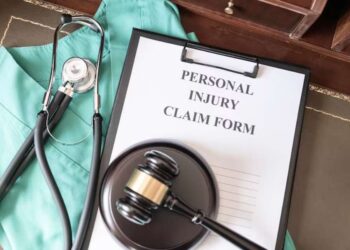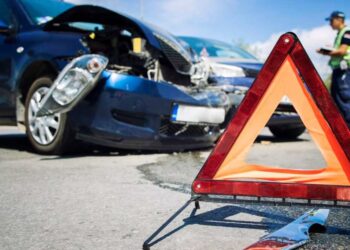After a car accident, figuring out who’s to blame and making sure you’re fairly compensated can feel overwhelming. In these situations, witness statements emerge as powerful tools, without any personal bias, which can clear up the confusion right after an accident.
How Witness Statements Can Help in Your Case
In a no-fault insurance claim or legal proceedings, witness statements serve as pivotal evidence. They substantiate your version of events and can sway decisions in your favor. Insurance adjusters and legal professionals rely on these statements to assess liability accurately and determine appropriate compensation.
For example, a witness confirming that the other driver ran a red light can strengthen your argument of their negligence, potentially affecting the outcome of your claim.
Importance of Witness Statements
Witness statements give their own version of what happened. They aren’t involved personally, so their perspective can confirm what you saw. Insurance companies and courts use these statements to figure out exactly what happened and who’s responsible.
Witnesses can share important details such as:
- Traffic conditions
- The speed and direction of vehicles
- Any unusual circumstances that contributed to the accident
This information fills in gaps that may exist in your own account, offering a more comprehensive picture to support your claim.
How to Obtain Witness Statements
Getting witness statements after a car accident is important for building a strong case especially when the accident wasn’t your fault. Here’s how you can go about it:
- When you’re at the scene of the accident, try to gather contact information from any witnesses who saw what happened.
- Politely ask them to describe what they saw or heard. It’s helpful if they write down their account and sign it to confirm its accuracy.
- If writing isn’t possible, recording their statement with their permission can also work well.
The key is to collect this information as soon as possible while memories are fresh and details are clear. This proactive approach can significantly support your version of events and strengthen your claim when dealing with insurance companies or legal proceedings.
Types of Information Witnesses Can Provide
Witnesses to a car accident can provide a range of valuable information that helps clarify the events and circumstances surrounding the incident:
- Description of Vehicle Actions: Details on how vehicles were moving, such as speed, direction, and any sudden maneuvers.
- Traffic Conditions: Information about the state of traffic flow, signals, and visibility at the time of the accident.
- Environmental Factors: Observations on weather conditions, road conditions (e.g., wet or icy surfaces), and lighting.
- Witness Statements: Direct accounts of what witnesses saw or heard before, during, and after the accident.
- Injury Observations: Insights into injuries sustained by those involved and immediate responses by witnesses or bystanders.
- Timelines and Sequences: Chronological order of events leading up to and following the accident, including actions taken by drivers and witnesses.
- Interaction with Others: Details about interactions between drivers, passengers, pedestrians, or other vehicles that may have influenced the accident.
- Potential Contributing Factors: Identification of any factors or behaviors that could have contributed to the accident, such as distractions or reckless driving.
Conclusion
Witness statements give fair viewpoints and important details. They make your claims stronger and more believable, which can affect what happens with insurance or legal matters. With the help of a personal injury attorney, these statements can significantly influence the outcome of your case.
Acting swiftly to obtain and safeguard witness statements is essential to ensuring a fair and favorable resolution to your no-fault car accident case.










